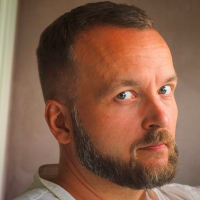 Name: Ari Asmi (ENVRI-Fair Project Co-coordinator)
Name: Ari Asmi (ENVRI-Fair Project Co-coordinator)
Bio: Dr. Ari Asmi is the co-coordinator of the Environmental Research Infrastructure Science Cluster project ENVRI-FAIR. He has a background in atmospheric physics and data sciences (PhD) and have been working on research infrastructure development, particularly in the environmental ESFRI RIs for the last decade, particularly as the project director of earlier ENVRI PLUS cluster project, and as the coordinator RISCAPE international research infrastructure landscape project. He is also active in the Open Science developments in European research area, particularly in the framework of Research Data Alliance, and in several recent European Open Science Cloud initiative projects. He is currently employed in the University of Helsinki, Faculty of Science.
Institute: University of Helsinki
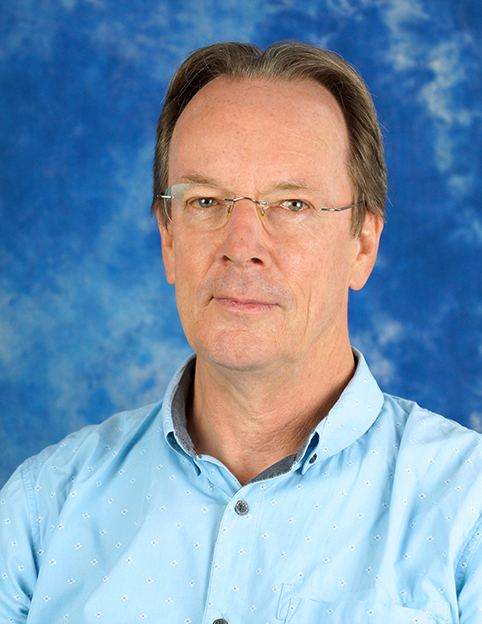 Name: Ian Bird (ESCAPE Technical Coordinator)
Name: Ian Bird (ESCAPE Technical Coordinator)
Bio: Dr. Ian Bird is currently Technical Director of the ESCAPE cluster project, working at LAPP-CNRS in France. From 2002 he was at CERN and took a lead role in setting up the computing environment for the analysis of LHC data – the LHC Computing Grid – a project that he then led and subsequently acted as spokesman for the WLCG collaboration from 2008 - 2020. The WLCG coordinates 170+ data centres in 40+ countries, transferring the LHC experiments’ data at a rate of 50GB/s, accessed by 12,000 physicists around the world. At CERN he also had management responsibility within the IT Department for Scientific Computing activities. His background is as a particle physicist, and he spent 6 years at Jefferson Lab in the USA where he led the computing department and had responsibility for all aspects of computing for the laboratory, and served as computing expert for DoE and several US National Labs for scientific computing and cybersecurity. Recently he has contributed to the design of large scale distributed computing for the Square Kilometre Array and for the 3rd generation gravitational wave experiments, and as expert reviewer for many large scale scientific computing activities around the world in molecular biology as well as physics and astronomy.
Institute: LAPP, CNRS, University Savoie Mont Blanc.
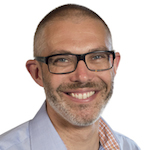 Name: Niklas Blomberg (EOSC-Life Project Coordinator)
Name: Niklas Blomberg (EOSC-Life Project Coordinator)
Bio: Niklas Blomberg coordinates the EOSC-Life project to build an open, collaborative, digital space for European life science research and to drive interoperability between Europe’s 13 life science research infrastructures. Before joining ELIXIR in 2013 as the founding Director he worked in pharmaceutical research with AstraZeneca where he held a number of different roles including establishing a joint computational biology and computational chemistry team for respiratory research and leading the global cheminformatics unit. Niklas Blomberg holds a Ph.D. in structural bioinformatics and protein NMR spectroscopy from EMBL Heidelberg (1999) and a BSc in Biochemistry from Göteborg University, Sweden.
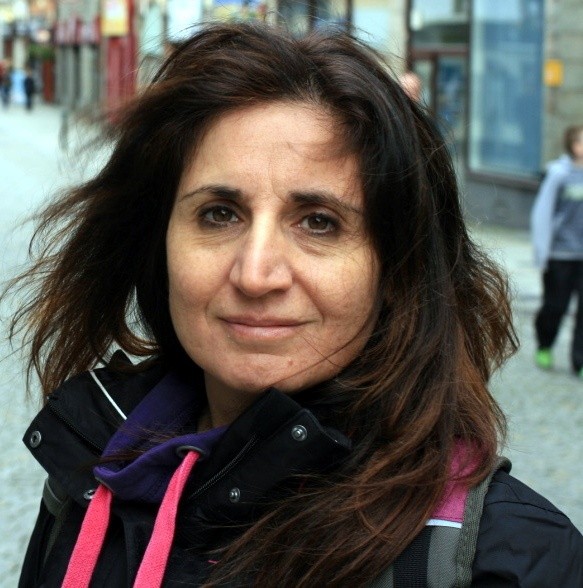 Name: Elena Cuoco (ESCAPE General Assembly Chair)
Name: Elena Cuoco (ESCAPE General Assembly Chair)
Bio: She has long experience as data analyst and works for Virgo experiment since 1995. She led the noise analysis group for Virgo from 2008 to 2014. From 2014 to 2018 she was the scientific coordinator on an Initial Training Network GraWIToN, addressed to the training of young scientist in Gravitational Wave research. She developed algorithms for data characterization and for the analysis of transient signals, introducing machine learning techniques in this field. She is now co-chairing the Machine Learning group in the LIGO/Virgo collaboration. Since 2018 she is the action chair of CA17137 action, a network for Machine Learning in Gravitational Wave science. Recently she joined the Scuola Normale Superiore in Pisa, working as collaborator in the Astrophysics and Cosmology group.
Institute: Ego-Virgo
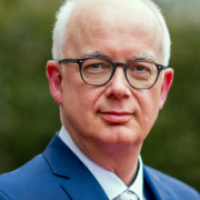 Name: Ron Dekker (SSHOC Coordinator)
Name: Ron Dekker (SSHOC Coordinator)
Bio: Ron Dekker is the director of CESSDA ERIC, the Consortium of Social Science Data Archives, with its main office in Bergen, Norway. CESSDA is a European Infrastructure with 17 members (countries) and combines the work and expertise of these countries’ social science data service providers, see www.cessda.eu . Ron studied econometrics and worked for ten years in labour market research at Dutch universities. He was at the national research council for almost twenty years – running a data agency, program committees and in general management (institutes, infrastructure and open science). This included secondment to the Dutch government for project leadership on Open Science of the Dutch EU Presidency in 2016 and as national expert at the European Commission in Brussels in 2017.
Institute: CESSDA
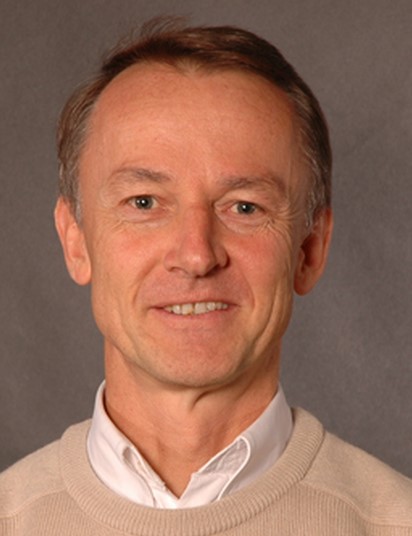 Name: Rudolf Dimper (ESRF, IT-Advisor, PaNOSC)
Name: Rudolf Dimper (ESRF, IT-Advisor, PaNOSC)
Bio: Rudolf Dimper is currently IT Advisor to the ESRF Directorate and was before that from 2001 to 2010 Head of the Computing Services Division and from 2010 to 2019 Head of the ESRF Technical Infrastructure Division encompassing a large portfolio of technical activities such as the computing infrastructure, vacuum systems, buildings, alignment, etc. He is representing the ESRF in the LEAPS IT group, the EOSC Association, and is member of the PaNOSC Executive Board.
Institute: ESRF, IT-Advisor, PaNOSC
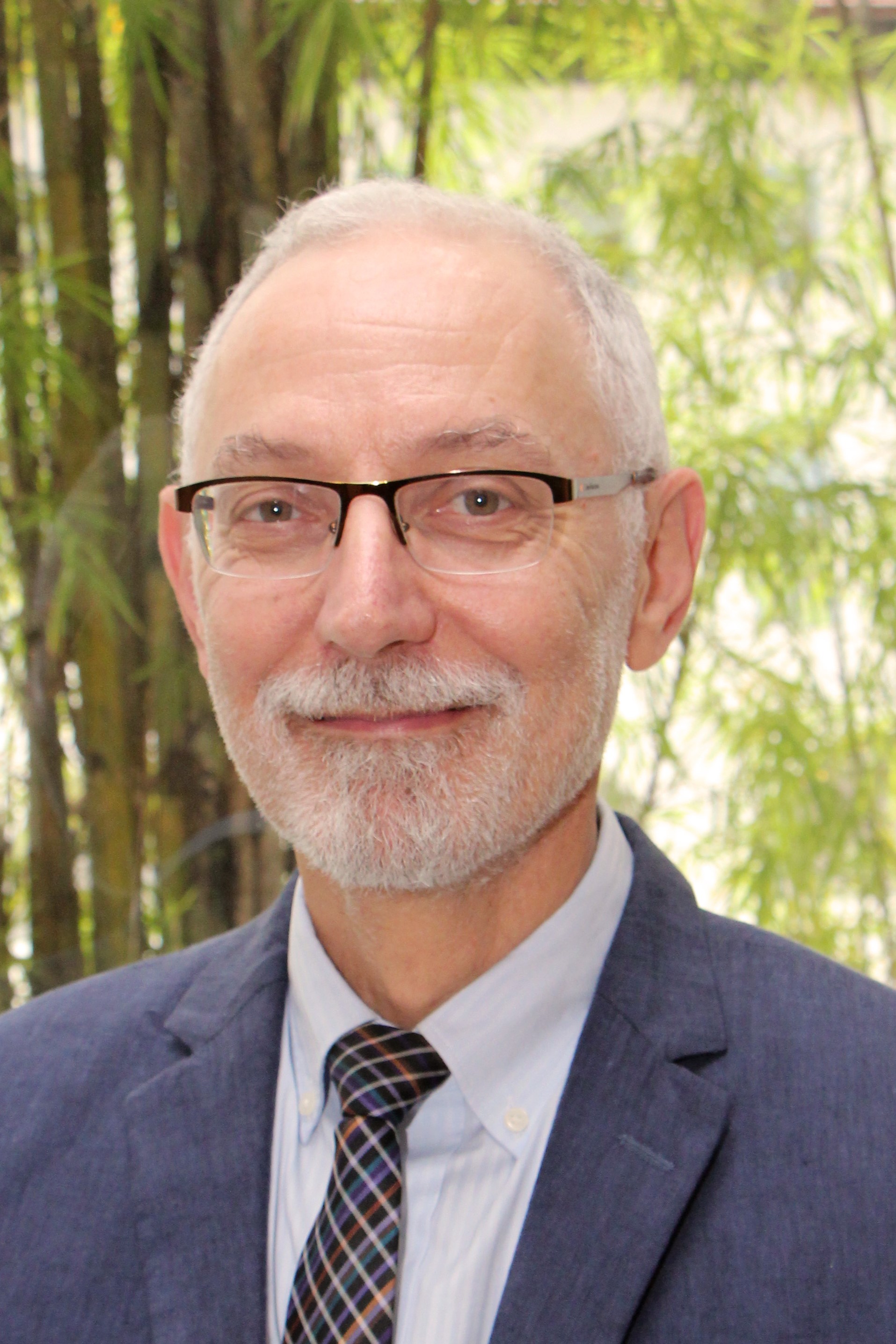 Name: Kostas Glinos (Head of Unit for Open Science)
Name: Kostas Glinos (Head of Unit for Open Science)
Bio: Kostas works at the European Commission, where he leads the unit in charge of Open Science in the directorate general for Research & Innovation since 1 June 2019.
From 2014 to 2019 he led the unit responsible for EU international cooperation policy in STI and for relations with European Economic Area countries, Switzerland, Russia, Western Balkans, Turkey, all of Asia, Australia and New Zealand.
Kostas has been developing EU policy and managing R&D programmes in the area of Science, Technology and Innovation (STI) in Brussels since 1992. Policy areas he has dealt with include open science and innovation, collaboration in research, industry-academia interaction, the governance of research commons, public-private partnerships, science diplomacy and international cooperation policy at bilateral and bi-regional level. At various points in time he has been responsible for funding programmes in future and emerging technologies, cyber-physical systems, ICT research infrastructure and big research data. In the academic year 2017-2018 Kostas was a visiting Fellow at the Lee Kuan Yew School of Public Policy at the National University of Singapore where he taught regionalism in Europe and in Southeast Asia.
Before joining the Commission Kostas worked in the chemical industry in the USA and Belgium, lectured at the University and carried out research in Greece. He holds a PhD in engineering from the University of Massachusetts and an Advanced Professional Certificate in investment management from Drexel University in the USA.
Institute: European Commission
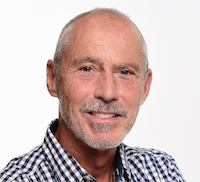 Name: Patrick Fuhrmann (ExPaNDS Coordinator)
Name: Patrick Fuhrmann (ExPaNDS Coordinator)
Bio: Patrick Fuhrmann is a senior scientist at DESY and head of the DESY-IT section „Research and Innovation in Computing”. He holds a PhD in physics from the RWTH Aachen University. He has worked in the area of Big Data and storage access for more than 15 years. He is involved in the EOSC through various H2020 projects and he is currently the coordinator of the ExPaNDS project on FAIR data in the Photon and Neutron domain. Since 2017, he has been teaching "Big Data and Data Analytics" at the University of Applied Sciences in Berlin.
Institute: DESY
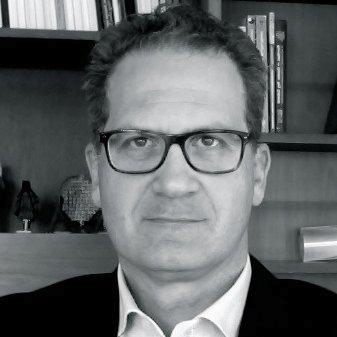 Name: Giovanni Lamanna (ESCAPE Project Coordinator)
Name: Giovanni Lamanna (ESCAPE Project Coordinator)
Bio: Giovanni Lamanna is Director of Research at CNRS and the Director of the LAPP (CNRS-IN2P3 and University Savoie Mont Blanc) experimental physics laboratory in Annecy, France. Co-PI of the precursor H2020 cluster project ASTERICS, he led its OBELICS work package. Giovanni Lamanna is the Coordinator of the ESCAPE cluster project. Giovanni Lamanna holds a PhD in physics and his main research interests are in the interfaces between Particle Physics and Astrophysics; his experimental activities concern the development of advanced research instrumentation and data processing methods. In the recent years Giovanni Lamanna has been involved in the conception and preparation of the CTA Observatory (an ESFRI landmark) for high-energy gamma-ray astronomy. He has served within the CTA international consortium as coordinator of the Data-Management project, and he has been committed in the design and construction of the first Large Size Telescope (LST-1) of CTA deployed at La Palma island. He is currently involved in the feasibility study of FCC, a next generation CERN particle accelerator project.
Institute: LAPP, CNRS, University Savoie Mont Blanc
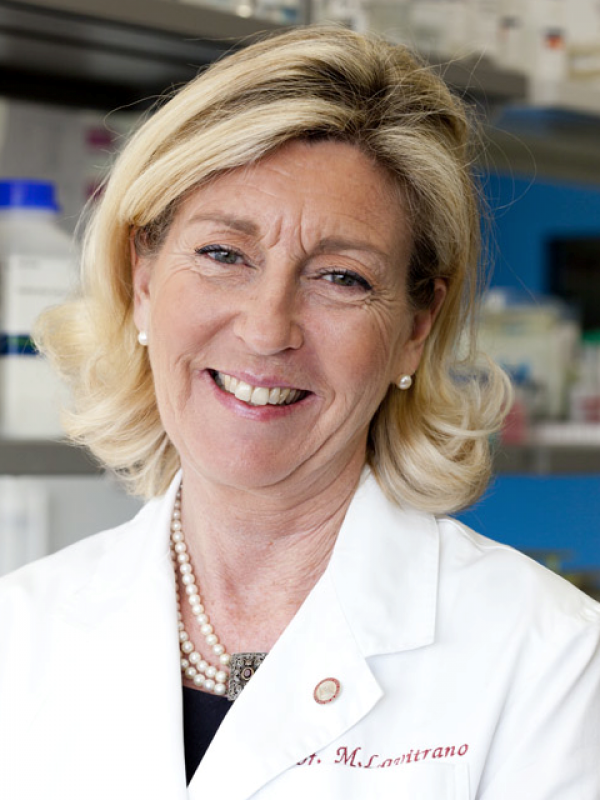 Name: Marialuisa Lavitrano (EOSC Association Director)
Name: Marialuisa Lavitrano (EOSC Association Director)
Bio: Marialuisa Lavitrano is full professor of Pathology, director of Molecular Medicine Unit and of the Executive Masters’ in Management of Research Infrastructures at Milano-Bicocca University where she was Pro-Rector for International Affairs [2006-2013]. Over the years, she contributed to the international strategies of the Ministries of Research and of Health and coordinated the Italian participation in the BioMedical Sciences ESFRI roadmap. In 2013 she was appointed BBMRI.it Node-Director.
Prof. Lavitrano has a long-term experience in research, management and in bioethical aspects of science, being co-Director of BBMRI-ERIC Common Service ELSI and participating at Bioethical Commissions of the Council of Europe, of the Vatican, and of the Italian government.
Institute: University Milano - Bicocca
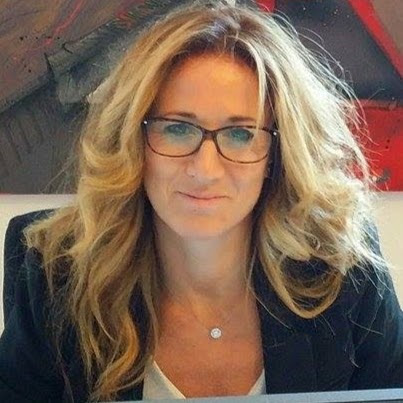
Bio: CEO & founder of Trust-IT Services & CEO & co-founder of COMMpla srl. Over 25 years’ experience of focusing on high-level strategies and guidance around ICT Communications, Innovation & Impact methodologies with an eye to user centric priorities namely in ICT in Standards, energy efficiency, supporting cybersecurity & cloud computing tools & services. Working on challenging fields in ICT Standards, Open Science & keeping our environment sustainable for a better future. Growing up in the UK, of Italian origin, followed my roots & am proud to weave this mixed culture within a Tuscan setting at Trust-IT. External Expert Evaluator & reviewer for the European Commission since 2003. 2nd High-Level Expert Group Chair of the EOSC [2017-2018].
Institute: Trust-IT
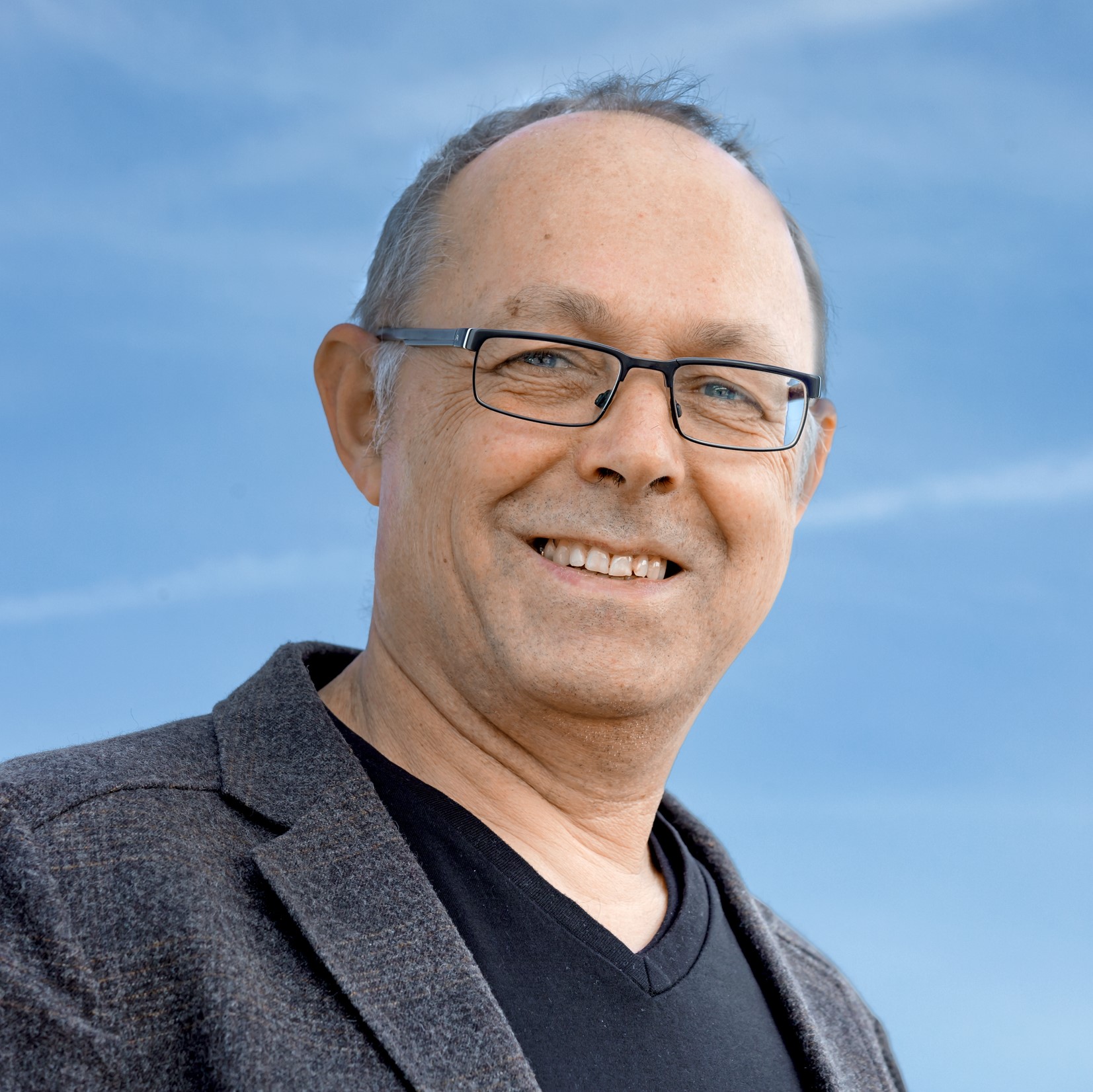 Name: Andreas Petzold (ENVRI-Fair Project Co-coordinator)
Name: Andreas Petzold (ENVRI-Fair Project Co-coordinator)
Bio: Andreas Petzold is an atmospheric scientist with longstanding experience in the measurement of climate relevant optical properties of the atmospheric aerosol. Today, he is heading the Research Group for Global Observation at the Institute of Energy and Climate Research – Troposphere (IEK-8) of Forschungszentrum Jülich in Germany. He is also Member of Faculty of the Physics Department of University of Wuppertal and serves as a member of the Scientific Advisory Group Aerosols of the Global Atmosphere Watch programme of WMO. One of his primary tasks is the coordination of the European Research Infrastructure IAGOS (www.iagos.org), jointly with colleagues from France and the U.K. As a convinced supporter of the concept of research infrastructures, he is contributing to the Community of the European Environmental Research Infrastructures ENVRI and coordinates the EU Project ENVRI-FAIR which includes Europe’s principal producers and providers of environmental research data and services and connects the cluster of ENVRIs to the European Open Science Cloud.
Institute: Forschungszentrum Jülich GMBH, Institute of Energy and Climate Research 8: Troposphere.
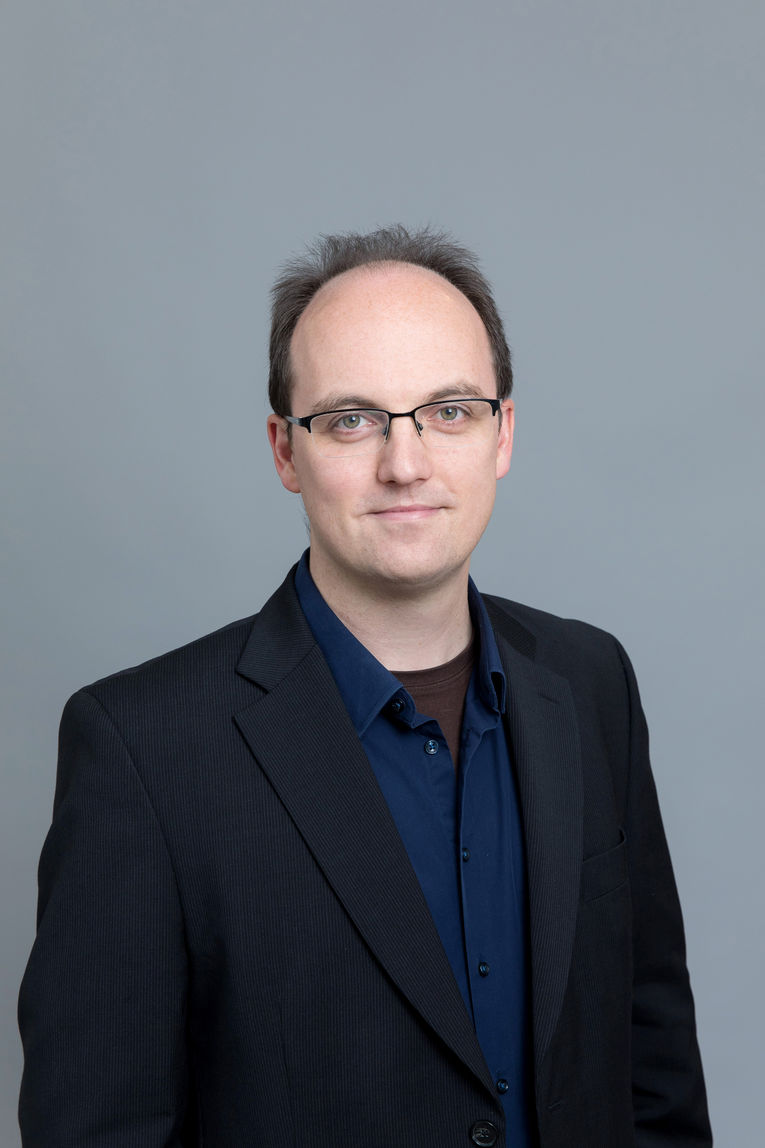 Name: Carsten Thiel (SSHOC)
Name: Carsten Thiel (SSHOC)
Bio: Carsten Chiel is Chief Technical Officer at CESSDA ERIC, the Consortium of Social Science Data Archives, at its main office in Bergen, Norway. Aside from his responsibility for the technological strategy of CESSDA, he serves as Technical Coordinator of the SSHOC project, which is coordinated by CESSDA. Carsten has previously worked at the University of Göttingen as Technology Coordinator and Co-Manager for the DARIAH-DE research project and worked with DARIAH ERIC on its EC funded projects. He holds a PhD in Mathematics from University of Magdeburg. His research interests include digital research infrastructures, distributed development processes and the DevOps approach to infrastructure management.
Institute: CESSDA
